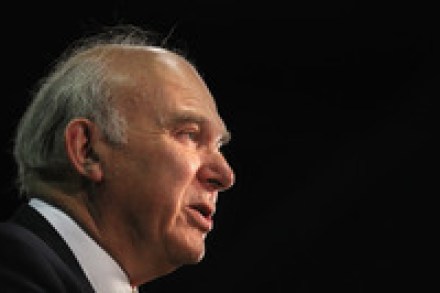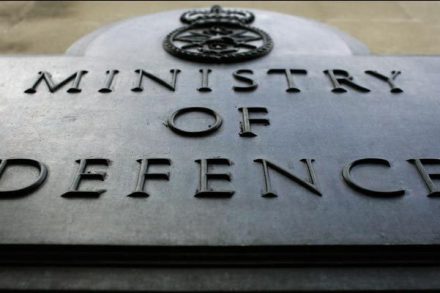Cable hopes to generate light from heat
First Clegg, now Cable – the Lib Dems really are putting their all into this year-end attack on the bankers. In an interview with the Sunday Times (£) today, the Business Secretary speaks unequivocally and with some zeal. “We’ve got to…start shining a light onto what’s actually going on at the top of the leading banking institutions,” he says, “If you keep people in the dark, you grow poisonous fungus.” And just in case you were wondering which half of the coalition is wielding the anti-fungal torchlight, Cable makes sure to add that, “standing up to militant bankers is probably more difficult for [the Tories].” The subtext: we took on



















